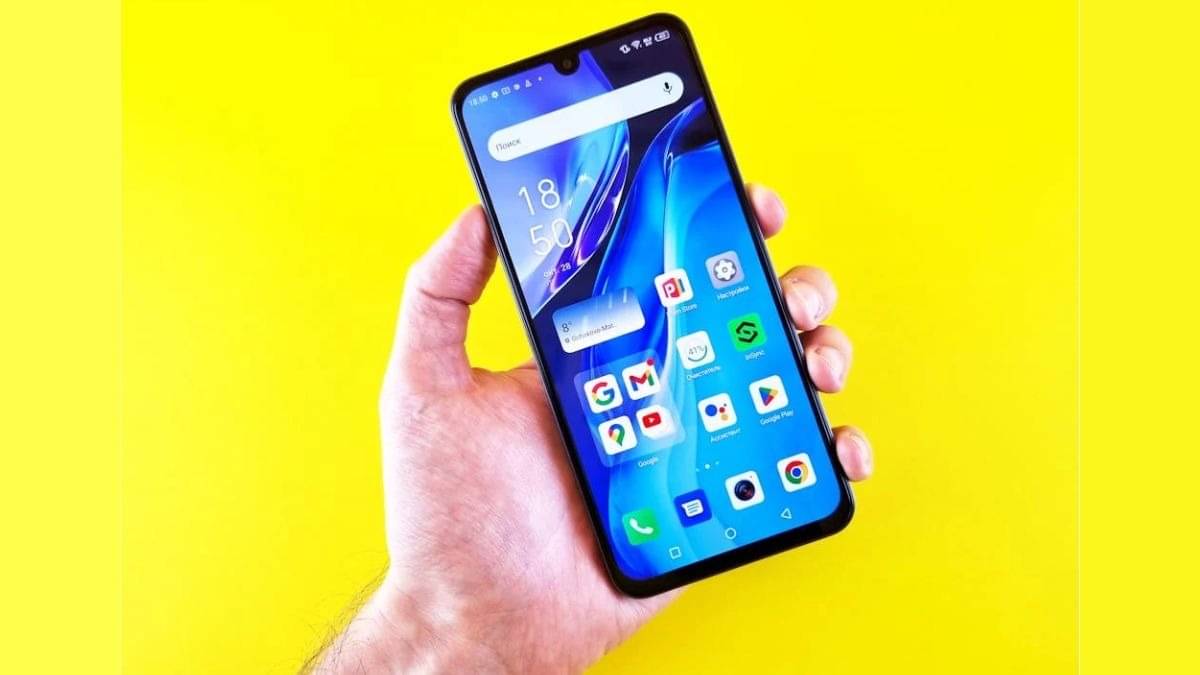Google's Android 16 Unveils Fortress-Like Data Protection: Hackers Beware

In a strategic move to enhance mobile security, Google expanded its advanced identity verification technology across multiple platforms. The tech giant first introduced Identity Check to its own Pixel smartphone lineup, and through a close partnership with Samsung, successfully extended the feature to premium Galaxy devices.
This collaborative effort marks a significant milestone in smartphone authentication, providing users with an additional layer of protection against unauthorized access. By integrating this cutting-edge security feature across different Android ecosystems, Google and Samsung are demonstrating their commitment to user privacy and device security.
